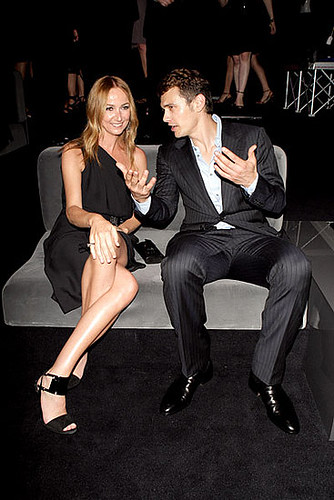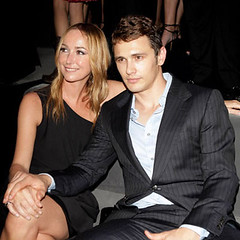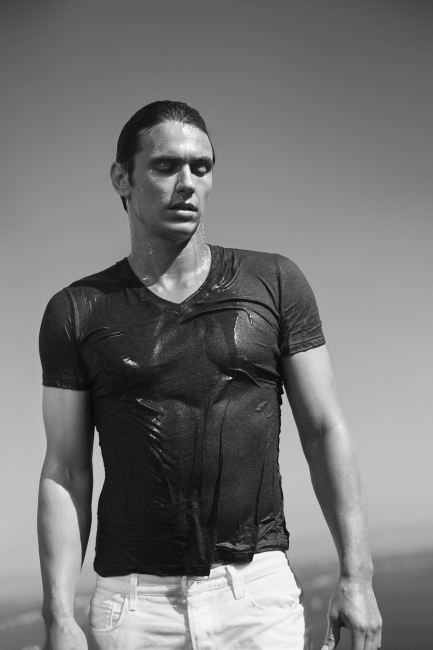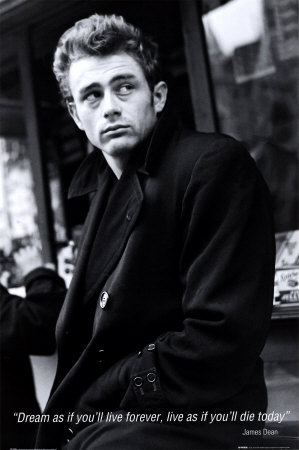james franco gucci
The original palace was given to Edward II in 1305 by the Bishop of Durham, Anthony Bek, and used as a royal residence from the 14th to the 16th century. According to one account the incident which inspired Edward III's foundation of the Order of the Garter took place here. As the favourite palace of Henry IV it played host to Manuel II Palaiologos, the only Byzantine emperor ever to visit England, from December 1400 to January 1401, with a joust being given in his honour. There is still a jousting tilt yard. Edward IV built a Great Hall in the 1470s, a young Henry VIII back when he was known as Prince Henry also grew up here; it was here that he met and impressed the scholar Erasmus in 1499 introduced by Thomas More. Erasmus described the occasion: "I had been carried off by Thomas More, who had come to pay me a visit on an estate of Mountjoy's (the house of Lord Mountjoy near Greenwich) where I was staying, to take a walk by way of diversion as far as the nearest town (Eltham). For there all the royal children were being educated, Arthur alone excepted, the eldest son. When we came to the hall, all the retinue was assembled; not only that of the palace, but Mountjoy's as well. In the midst stood Henry, aged nine, already with certain royal demeanour; I mean a dignity of mind combined with a remarkable courtesy…. More with his companion Arnold saluted Henry (the present King of England) and presented to him something in writing. I, who was expecting nothing of the sort, had nothing to offer; but I promised that somehow, at some other time, I would show my duty towards him. At the time I was slightly indignant with More for having given me no warning, especially because the boy, during dinner, sent me a note inviting something from my pen. I went home, and though the Muses, from whom I had lived apart so long, were unwilling, I finished a poem in three days."

James Franco - Gucci
640 × 414 - 29k - 0
hark.com

James Franco - Gucci
640 × 414 - 29k - 0
hark.com
James Franco - Gucci
640 × 414 - 29k - 0
Tudor courts often used the palace for their Christmas celebrations. With the grand rebuilding of Greenwich Palace, which was more easily reached by river, Eltham was less frequented, save for the hunting in its enclosed parks, easily reached from Greenwich, "as well enjoyed, the Court lying at Greenwiche, as if it were at this house it self". The deer remained plentiful in the Great Park, of 596 acres (2.4 km2), the Little, or Middle Park, of 333 acres (1.3 km2), and the Home Park, or Lee Park, of 336 acres (1.4 km2). In the 1630s, by which time the palace was no longer used by the royal family, Sir Anthony van Dyck was given the use of a suite of rooms as a country retreat. During the English Civil War, the parks were denuded of trees and deer. John Evelyn saw it 22 April 1656: "Went to see his Majesty's house at Eltham; both the palace and chapel in miserable ruins, the noble wood and park destroyed by Rich the rebel". The palace never recovered. Eltham was bestowed by Charles II on John Shaw and—in its ruinous condition, reduced to Edward IV's Great Hall, the former buttery, called "Court House", a bridge across the moat and some walling—remained with Shaw's descendants as late as 1893.
James Franco - Gucci
640 × 414 - 29k - 0
hark.com

James Franco - Gucci
640 × 414 - 29k - 0
hark.com
James Franco - Gucci
640 × 414 - 29k - 0
Tudor courts often used the palace for their Christmas celebrations. With the grand rebuilding of Greenwich Palace, which was more easily reached by river, Eltham was less frequented, save for the hunting in its enclosed parks, easily reached from Greenwich, "as well enjoyed, the Court lying at Greenwiche, as if it were at this house it self". The deer remained plentiful in the Great Park, of 596 acres (2.4 km2), the Little, or Middle Park, of 333 acres (1.3 km2), and the Home Park, or Lee Park, of 336 acres (1.4 km2). In the 1630s, by which time the palace was no longer used by the royal family, Sir Anthony van Dyck was given the use of a suite of rooms as a country retreat. During the English Civil War, the parks were denuded of trees and deer. John Evelyn saw it 22 April 1656: "Went to see his Majesty's house at Eltham; both the palace and chapel in miserable ruins, the noble wood and park destroyed by Rich the rebel". The palace never recovered. Eltham was bestowed by Charles II on John Shaw and—in its ruinous condition, reduced to Edward IV's Great Hall, the former buttery, called "Court House", a bridge across the moat and some walling—remained with Shaw's descendants as late as 1893.




















0 Comments:
Post a Comment
Subscribe to Post Comments [Atom]
<< Home